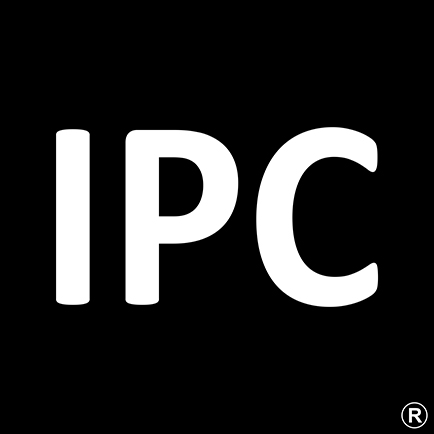Think of the material called “PVC”. Close your eyes for five seconds and take note of the first object that comes to mind. Perhaps it’s garden hoses, school shoes, or even cling film! These are just a few examples of PVC compound products we use in our daily lives. PVC compounds are all around us, and they come in a variety of shapes and sizes—not to mention that they also come in a variety of hardnesses.
What’s the difference between a flexible and rigid PVC compound, though? Besides the fact that one can be described as “soft” and the other as “hard”, respectively, there are quite a few distinguishing factors that set them apart.
1. The Amount of Plasticiser Contained in Different PVC Compounds
The most notable difference is this: flexible PVC compounds have plasticiser added to them, while rigid ones have little to none. This plasticiser makes the PVC resin more flexible, which means it’s soft and supple in comparison. You’ll see these “rubbery” characteristics in the likes of garden hosepipes. Rigid PVC compounds retain their hardness because they include minimal amounts of plasticiser.
2. The Physical Qualities of the Compounds
Depending on how much plasticiser is added to a PVC compound, its physical qualities will vary. Generally speaking, rigid PVC compounds are usually denser and harder, which makes them strong and durable. Flexible ones, on the other hand, are more diverse in their uses. Each type comes with its own pros and cons. Rigid PVC could be stronger and more durable, while flexible PVC can be made to be resistant to chemical and liquid damage.
3. The Uses of Flexible vs Rigid PVC Compounds
The application of the PVC compound will suggest the specific qualities and benefits that it is required to have. This can be tailored and adhered to during the manufacturing process of the PVC compounds. Rigid compounds are better suited for exterior protective uses, such as electrical conduits and fittings, as well as pipes and pipe fittings. Flexible compounds can provide different uses, such as the material used to make medical tubing, gumboots, gaskets or even coasters for your summer drinks.
4. Cost Differences
Notably, there are a variety of qualities in both flexible and rigid PVC that will affect the cost. For example, if you require a high-spec rigid compound, it could cost more than a low-spec flexible compound.
Generally, flexible PVC products are more expensive, but there is such a large range of pricing within flexible compounds which is all related to specifications, such as Shore A hardness, density, additives such as nitrile, airblown, oil resistance, pigments, etc.
If you’re operating on a tight budget, this cost difference can potentially play a role in influencing which material you choose. Essentially, the cost all depends on the quality of the material required for your application.
5. Environmental Impact
The environmental impact between flexible and rigid PVC compounds is more or less the same, despite some differences in the recycling process itself. However, the re-use opportunity is somewhat different:
- Rigid PVC’s post-recycle uses are fairly limited in terms of suitable applications.
- Flexible PVC’s reuse opportunities are much vaster, meaning when you recycle flexible PVC it can go back into a larger variety of different products, making it a favorable recycle and reuse loop system.
Although the needs of your particular application will dictate whether you need to use rigid or flexible PVC compounds, environmental considerations and your business’s sustainability goals can play an influencing role.
6. Processing Techniques
Lastly, the way flexible and rigid PVC compounds are processed can also differ. Due to its sturdier nature, rigid PVC can often be shaped using techniques like extrusion (think pipes and window frames).
Flexible PVC, on the other hand, might require techniques like injection moulding (for intricate shapes like shoe soles, gumboots, automotive components, or even bath plugs) due to its bendability. The choice of processing method depends on your final product’s desired form and flexibility.
PVC is a valuable manufacturing material, mainly because it’s versatile. From pipe fittings to safety shoes, flexible and rigid PVC compounds can play essential roles in human advancement. IPC is a trusted supplier and we’re pioneers in the field. Contact us today.


